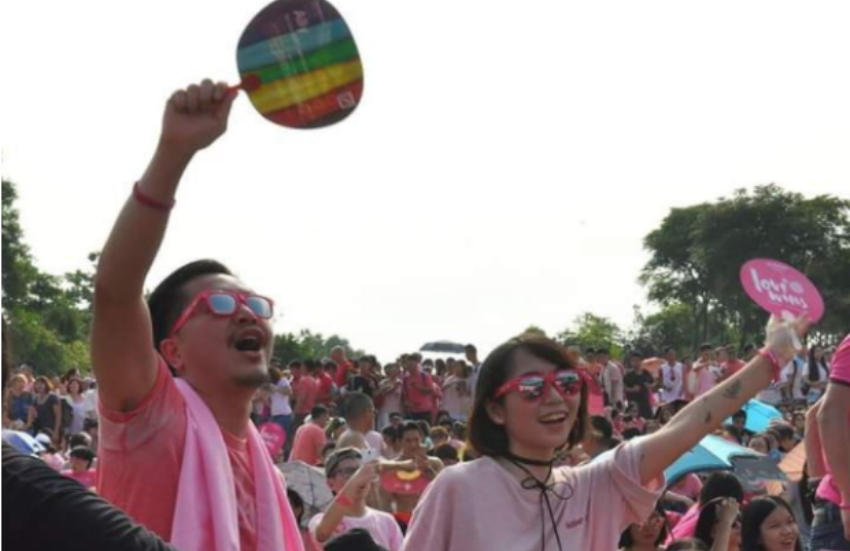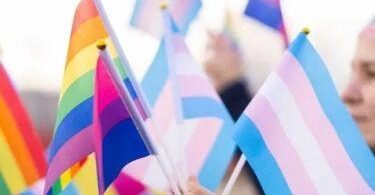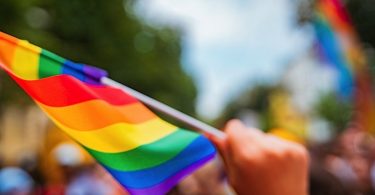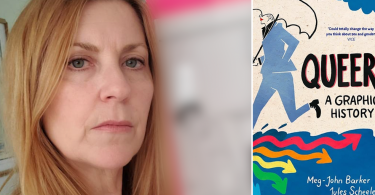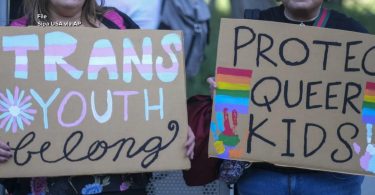More than 50% of people support same-sex marriage in Hong Kong. | Photo: Instagram/@Pink Dot
A woman who wants to enter into a same-sex civil partnership with her partner has sued the Hong Kong government because it won’t let her.
The woman known only as Mk has taken the historic step to sue the government over the issue.
Mk filed the petition to the High Court in June. The court did not hear the case until Friday (24 August) in a preliminary hearing.
She is arguing that stopping her from entering into a civil partnership violates her privacy and equality rights. Mk’s lawyers will argue that is a breach of the Basic Law and the Bill of Rights.
The High Court’s ruling could have far reaching implications for Hong Kong. Currently the city nation does not recognize same-sex marriage or civil partnerships.
The government’s lawyers requested more time to put together their case. Justice Anderson Chow Ka-ming agreed to allowing more time, saying he expected the case to be heard in the first half of 2019, according to the SCMP.
Same-sex marriage in Hong Kong
Mk’s lawyers argued in court that all citizens had the right to enter official partnerships.
‘We want legal status for everyone, regardless of their sexual orientation,’ said lawyer Ng Gene-bond.
Mk’s legal challenge follows a huge year in LGBTI legal rulings this year.
In July, a British woman known as QT won a seven year battle with the Immigration Department. The Court of Final Appeal ruled in QT’s favor that she should be granted a dependency visa because her wife had been employed in Hong Kong.
Following QT’s ruling, public support for marriage equality jumped to more than 50% for the first time in history.
But in a disappointing decision an Appeal Court overturned the decision to recognize the partner of a Hong Kong civil servant. Angus Leung Chun-kwong sued the Immigration Department where he worked since 2002 for refusing to recognize his marriage to New Zealander Scott Adams.
Last year, Leung won a court battle against his former employer with the Court of First Instance agreeing that the refusal of equal benefits was unconstitutional and discriminated against his sexual orientation. He also sued the tax department for not giving his marriage equal recognition.

